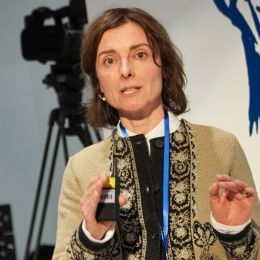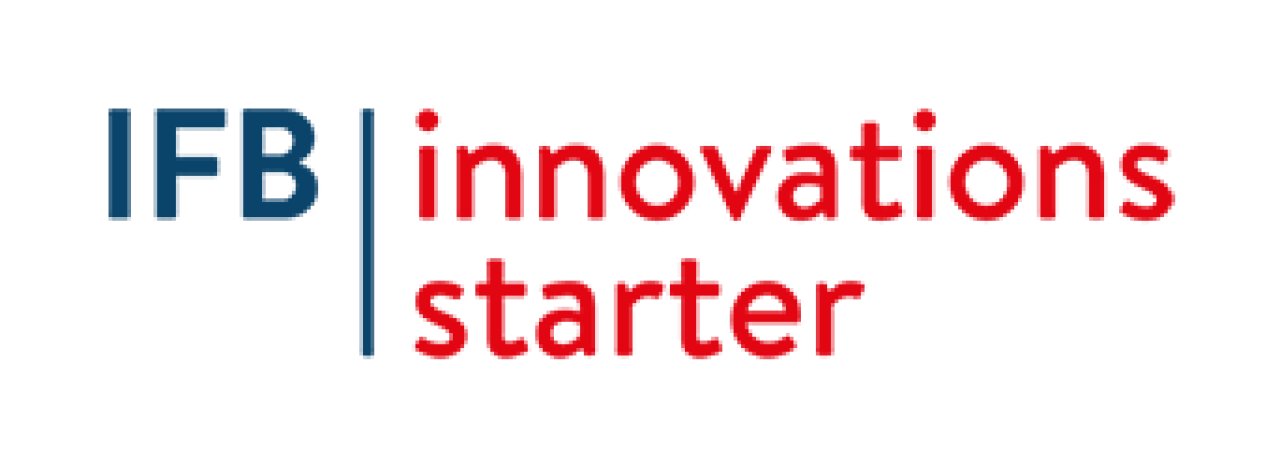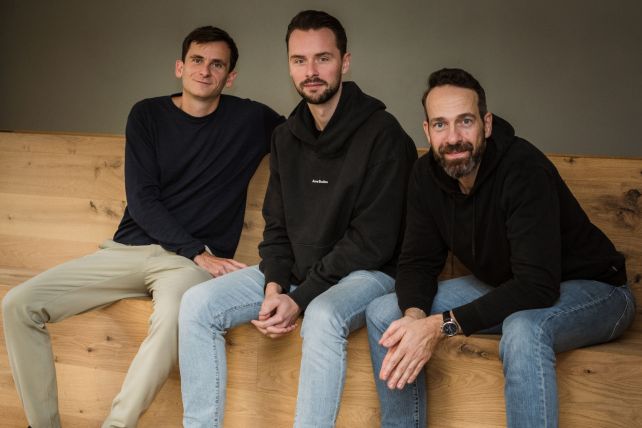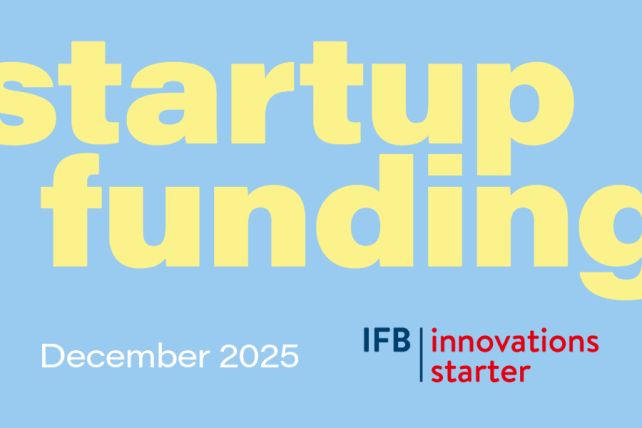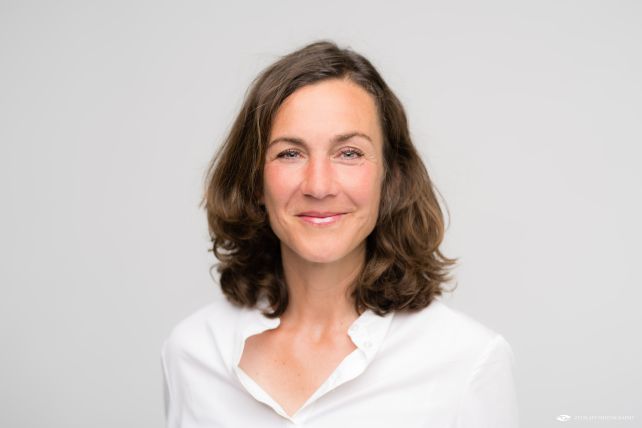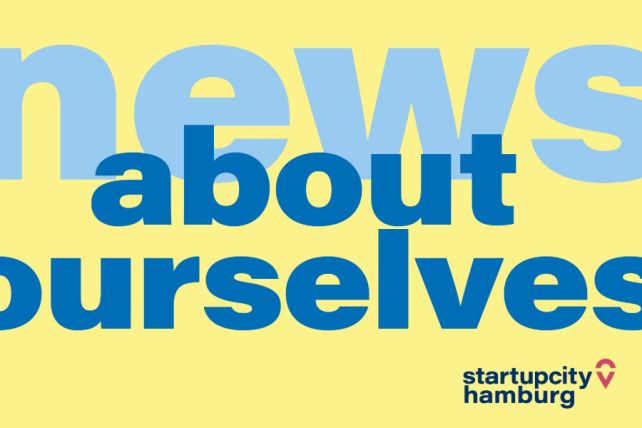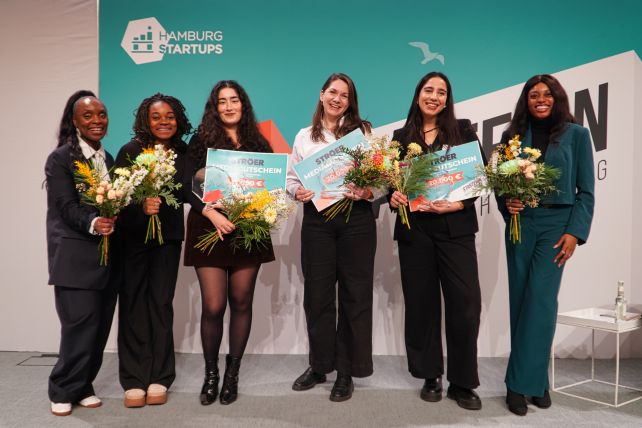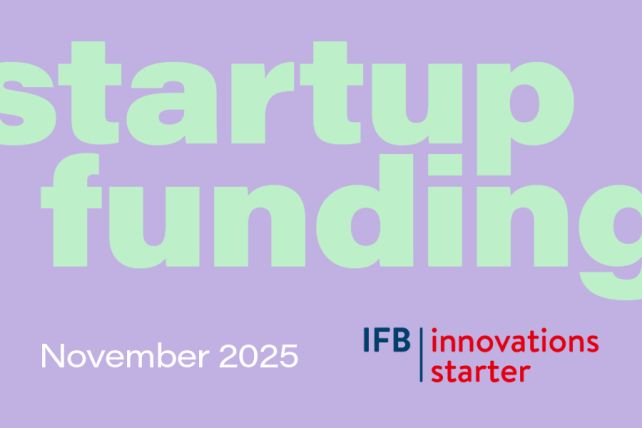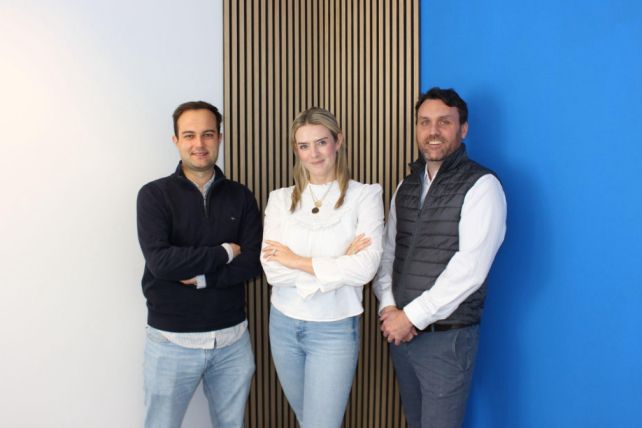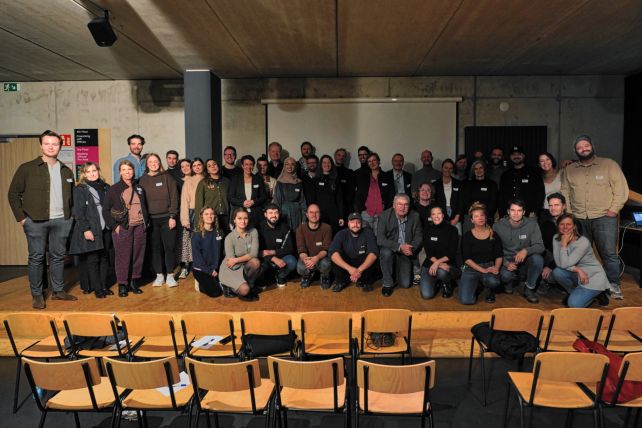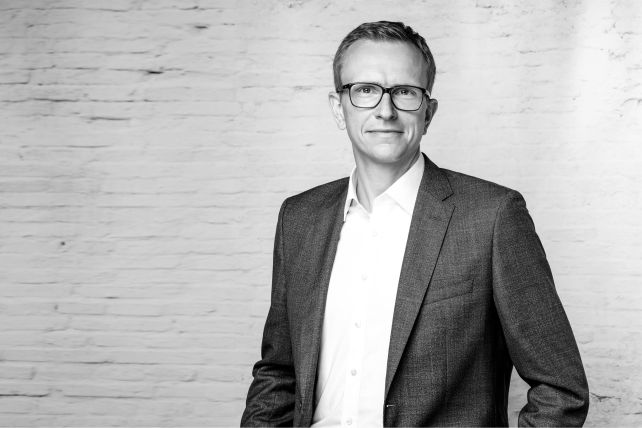TimeTeller utilises internal clock for medication
The Hamburg-based startup TimeTeller has won three prizes in 2023 for developing a process that allows knowledge about the rhythm of a person's internal clock to be used for drug treatment in medicine. TimeTeller has only existed as a company since March of this year and is a spin-off from Berlin's Charité hospital. Yet, founder Angela Relógio is a molecular biologist who has been researching the project for 16 years.
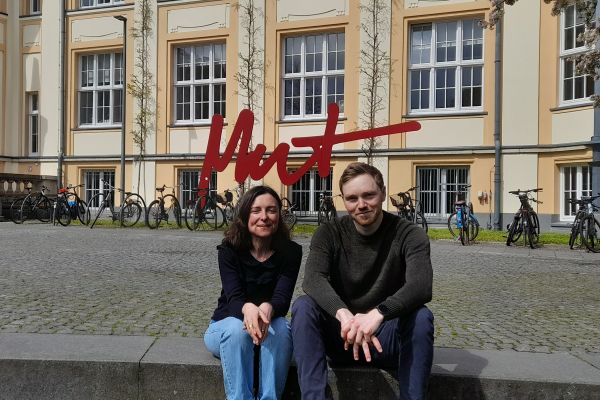
TimeTeller still has a long way to go
After moving to Hamburg around a year ago, Relógio took over the Chair of Systems Medicine and Biostatistics at MSH Medical School Hamburg as a professor. Co-founder Benjamin Dose is responsible for the company's regulatory tasks at TimeTeller. The startup does not yet have its own laboratories or its own office with a logo at the entrance. The two-person company outsources its research contracts to external institutes and service providers. Although it already has years of expertise behind it, the TimeTeller is still operating with modest resources. It is currently financed exclusively by funding from the InnoRampUp programme of IFB Innovationsstarter GmbH in Hamburg. And Relógio estimates that it will be several years before her company can generate its own sales. The market launch of the fully developed and approved medical product is planned for 2027.

Medication at the right time minimises side effects
"Medical research always takes many years. It can sometimes even take decades before a new medical product can be authorised. Complex clinical studies and authorisation procedures are required," says the professor. This is because the effectiveness of a product and possible side effects have to be tested. This requires measurements and observations over long periods of time. TimeTeller is specifically concerned with the question of survival in cancer patients. "Many therapies are discontinued because the side effects are too severe," she explains. However, this is often because the medication is administered at the wrong time of day. Everyone is different and has their own internal clock. From a biological point of view, it is the circadian rhythm that determines our inner oscillations throughout the day. By analysing the individual's internal clock, the best time can be found when the side effects of a drug are at their lowest and the effectiveness at its highest.
To determine the circadian rhythm, TimeTeller uses a saliva test that is carried out in a similar way to a corona test. The sample taken provides the researchers with body cells that contain DNA in their nucleus. Certain sections of DNA are copied into RNA up to a thousand times a day under the control of certain proteins. The special feature about this is that the frequency of these copying processes changes over the course of the day. This results in high and low phases. It is necessary to take four saliva samples at different times of the day in order to be able to calculate a clear curve of a person's circadian rhythm with the help of algorithms.
According to Relógio, this knowledge can be used to determine the optimal timing for taking medication so that the healing effect is maximised and the undesirable side effects are minimised. "If you know your personal circadian rhythm and adapt activities such as sleep, exercise, daylight or medication intake to your internal timing, this can improve health and reduce recovery or therapy time for patients," explains Relógio. And this doesn't just apply to patients who are already ill. Those who organise their daily rhythm against their internal biological clock are damaging their health, for example by working the night shift. After a long flight to another time zone, the lack of synchronisation immediately becomes noticeable in the form of exhausting jet lag.
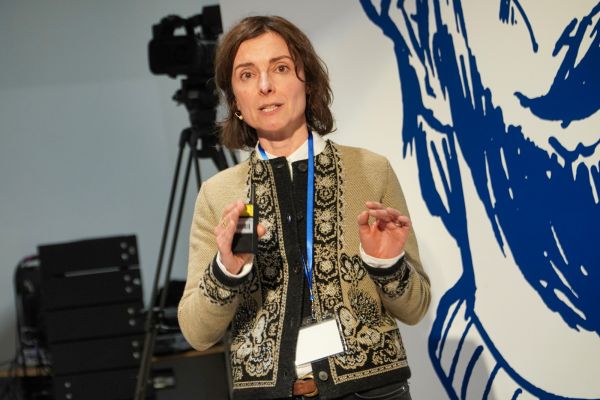
The circadian rhythm offers great potential for the pharmaceutical industry
"Our idea was that our research would be of direct benefit to people," says founder Relógio. The circadian rhythm optimisation method, which she initially designed for cancer treatment, can also be applied to drugs for many other diseases. The circadian rhythm is therefore also potentially interesting for pharmaceutical companies. This is because 40 to 50 per cent of all newly developed drugs fail due to a lack of efficacy and a further 30 per cent due to excessive toxicity.
The molecular biologist hopes that these rates could be significantly reduced by chronotherapy, that is determining the optimal timing. Some studies have already shown a doubling of efficacy. Relógio reveals that she is already in talks with individual pharmaceutical companies. "By collaborating with scientists from various research fields and pharmaceutical companies, we want to integrate circadian rhythmic interventions into drug development processes, which will enable more effective treatment of a variety of diseases. Our ultimate goal is to make circadian rhythm-based interventions an integral part of healthcare and enable people to live healthier and more enjoyable lives."
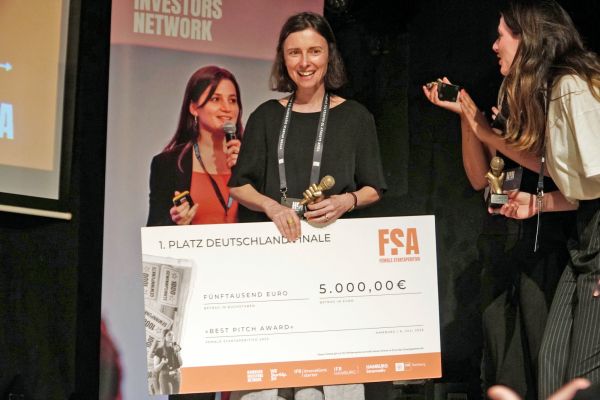
TimeTeller is held in high esteem in Hamburg
A major project that demonstrates great vigour and creativity. For this, TimeTeller was honoured with the Founder Award+ at the Digital Summit in Jena in November 2023. The award recognises the achievements of highly innovative startups in Germany with a strong digital component and the potential to initiate a pioneering transformation in their respective fields. The young company won yet another prize in November with the Heatlh Innovation Award in Hamburg. TimeTeller was nominated for the Tech Award Gala 2023 in the Rising Start category.
Back in July, TimeTeller won 1st place at the contest Female StartAperitivo in Hamburg. Ten female-led startups from ten federal states competed in the final. The standard of the pitches was consistently high and in the end, Relógio's company received the most votes in the public vote. TimeTeller's potential is highly rated in Hamburg. Relógio, who was born in Portugal, has already experienced this in her first few months on the Elbe.
